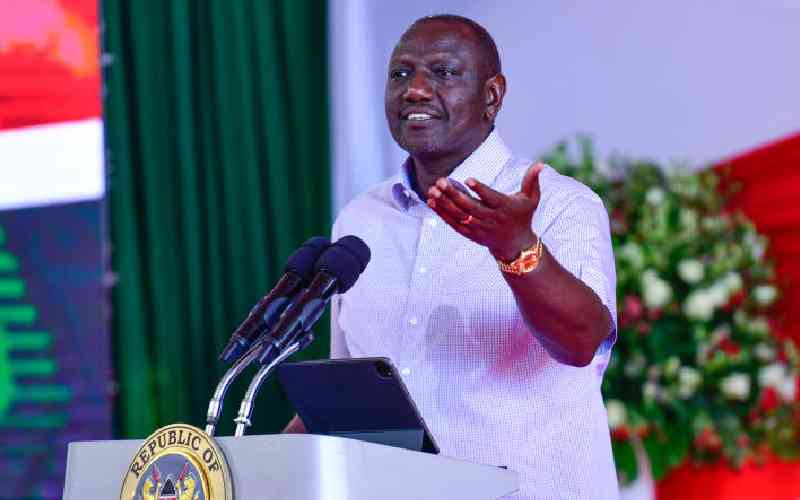×
The Standard e-Paper
Fearless, Trusted News

With the reading of the Budget Statement now set by public notice for June 8, 2023 in three weeks' time, Kenyans will hopefully encounter a clear articulation of the economic journey the Kenya Kwanza administration has promised.
Budget making is second only to constitutional making in our national governance framework. Although we still don't have the planning MTP IV/BETA frame, there is the 2023 Economic Survey to offer us a picture of today.